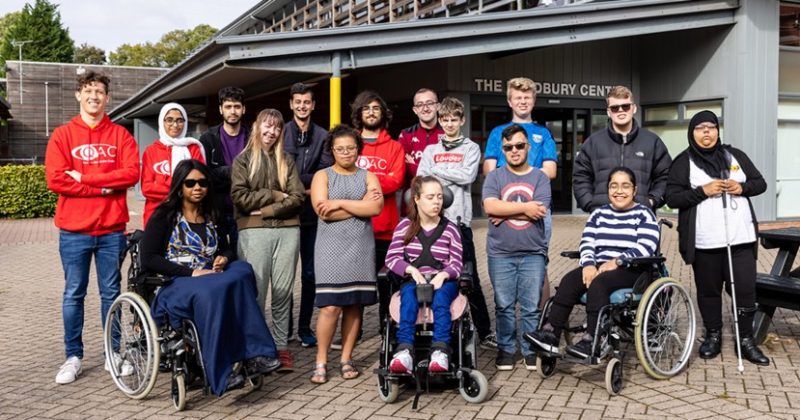
Queen Alexandra College, Open Day: 20th March
Queen Alexandra College (QAC) is a national residential College and charity that supports a diverse range of student abilities and needs based in Birmingham.
Queen Alexandra College (QAC) is pleased to be hosting an Open Evening for prospective students and their families on Wednesday 20th March, 4.30pm - 7.00pm.
This event will enable prospective students to meet with a variety of staff and learn about the diverse range of study programmes on offer.
Visitors will also have the opportunity to find out more about employment progression, residential and supported living options, community based services and the various pastoral/support services that are available at QAC, helping them to achieve their aspirations for adult life.
Please note families will need to book to attend this event by completing the online booking form via the following link: www.qacopenevening2024.eventbrite.co.uk
We would be grateful if you could please share this information with your students who are exploring their next steps and their parents/carers.
If families have any questions or require further information about this event, please advise them to call 0121...



